
Willow Dawn Becker
Forensics is a fascinating area of study and one that helps pave a path to a wealth of career opportunities. There are many types of forensics jobs, including DNA analyst, ballistics expert, bloodstain pattern analyst, polygraph examiner, and other forms of forensic scientists, as described by the National Institute of Justice. These jobs typically combine various sciences and engineering with matters of law and policy.
The term “forensics” encompasses a number of subcategories. Many who study forensics pursue extraordinary specializations in areas such as chemistry, microbiology, and even entomology, the study of insects. Furthermore, additional sub-specialties exist within those realms. For example, within forensic entomology, students can focus on the patterns of individual species, such as ticks, while others who focus on forensic chemistry may examine fire pattern analysis.
This article profiles renowned forensics professors who focus their research on remarkable realms that help to advance the discipline as a whole.
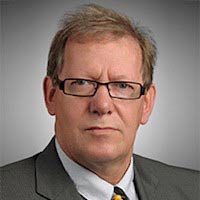
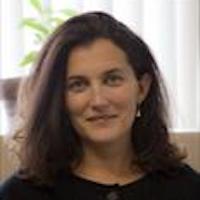
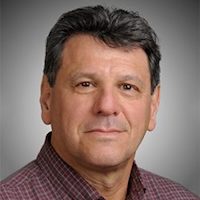
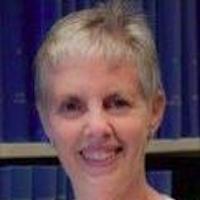
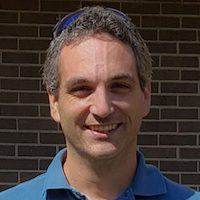



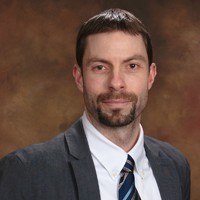
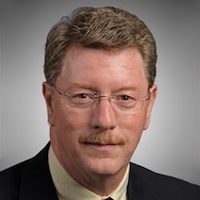
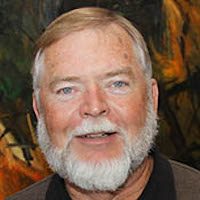
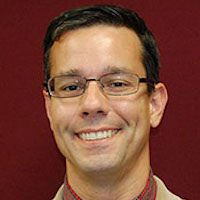
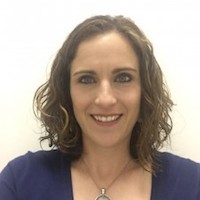
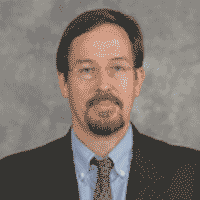
The following criteria were used to select professors for this list:

Willow Dawn Becker
Willow is a blogger, parent, former educator and regular contributor to www.forensicscolleges.com. When she's not writing about forensic science, you'll find her blogging about education online, or enjoying the beauty of Oregon.